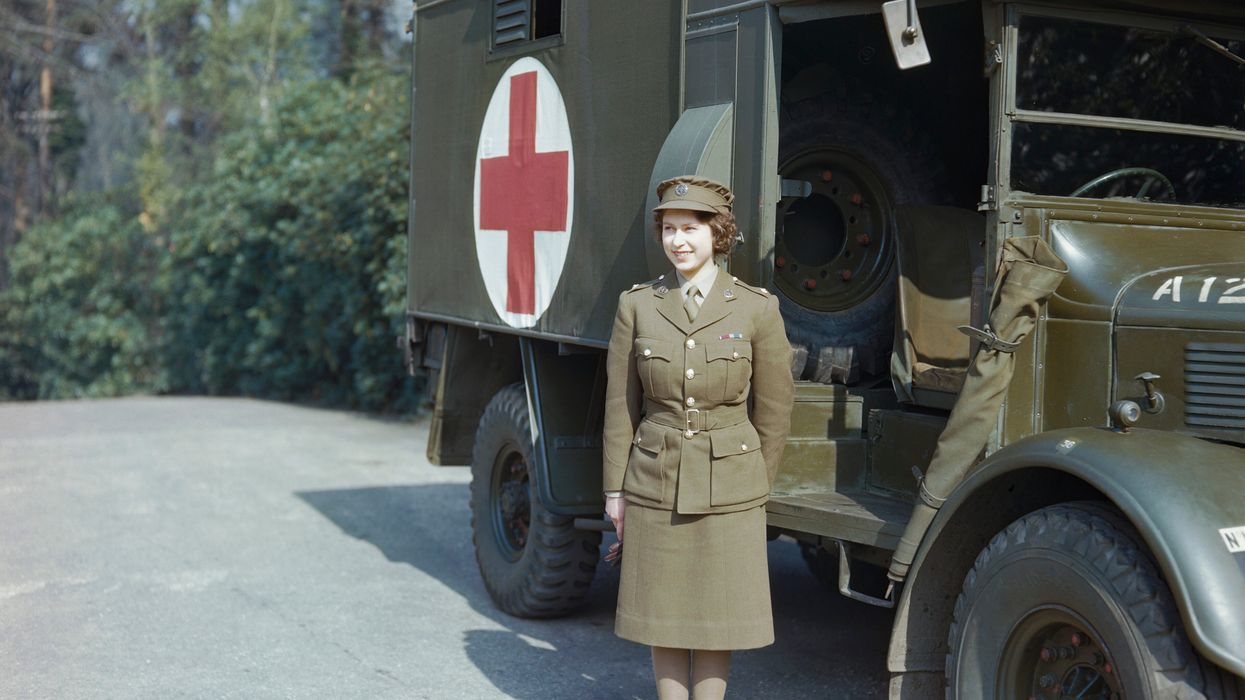Decades before the Civil War, women in both America and the UK began to stand up against what historians called the “Cult of True Womanhood,” the idea that women were meant just to maintain the household as pious mothers and submissive wives. At this time, women didn’t have the right to vote in these countries. The consequence of women’s outrage led to “women’s suffrage,” a movement in which women protested to get their share of political participation that men had been enjoying for a long time. One fierce supporter of this movement was Bertha Brewster whose 1913 letter to the Daily Telegraph resurfaced on social media after it was first shared on X by Letters of Note (@lettersofnote).

During the “women’s suffrage” movement, two kinds of groups emerged among the protestors. One was the “suffragists” and the other was the “suffragettes.” The difference between the two groups lay in their tactics, writes BBC. While the way of suffragists was to protest peacefully and according to the rules, the group of suffragettes was formed by women who believed in civil disobedience, confrontation, and direct action. Bertha was a suffragette from Lewes, Sussex.
According to Spartacus Educational, the first initiative that Bertha took for the suffrage movement was a donation to the fundraising £20,000 appeal. In 1909, Bertha joined the Women's Social and Political Union (WSPU) while living in a shared rented house in Liverpool. While she worked in the WSPU, she took part in the several militant tactics that suffragettes employed to hot the government with their appeal. These tactics included smashing windows on private properties and government buildings, burning public buildings, hindering postal service, planting bombs, going on hunger strikes, handcuffing themselves to railings, and more.
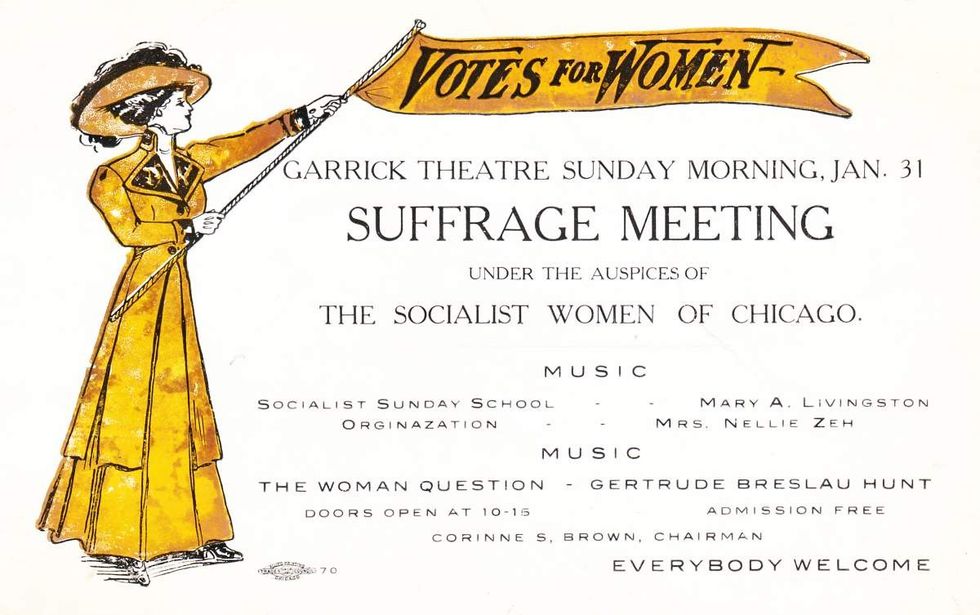
Bertha was eventually arrested and sentenced to a month in prison. After she and other women were released, she was seen entering Louth Town Hall on 14th January 1910. The following issue of “The Evening News” paper reported about Bertha and her friend Emily writing, "They explored the building with a portable light, and went up the spiral staircase, eventually discovering a way to the false roof. They had some food with them, including chocolate, hard-boiled eggs and German black bread. The place was very dirty, but they managed to sleep during the night as well as during the day."
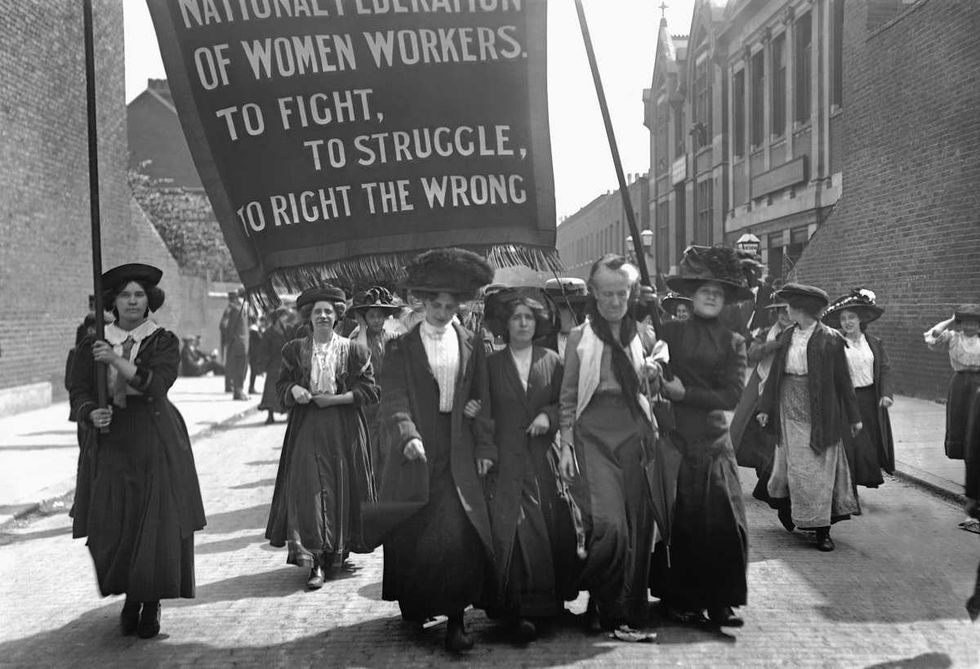
Despite all odds, Bertha kept supporting the suffrage movement. During this time, she penned multiple letters to newspapers and media speaking her truth and demanding women’s right to vote. On 26th February 1913, Brewster had a blunt and fiery letter published in The Daily Telegraph that read, "Everyone seems to agree upon the necessity of putting a stop to Suffragist outrages, but no one seems certain how to do so. There are two, and only two, ways in which this can be done. Both will be effectual. Kill every woman in the United Kingdom. Give women the vote."
As a result of her ferocious courage, as well as the bravery and willingness of her fellow women, the government was forced to rethink its polling policies. By 1918, women over the age of 30 were allowed the right to vote in the UK. And in 1928, the right was further extended to women over the age of 21, like men, per The Independent.
As for Bertha, she kept engraving her name in golden letters in the historical files of women. In 1921, she was working for the Women's International League, and by 1936, she was appointed as "Justice of the Peace for the County of London for the area of Westminster." At the age of 71, she was elected as the Leominster representative to the Herefordshire County Council. In August 1959, she took her final breaths in a hospital in France. Yet, her empowering words live on!





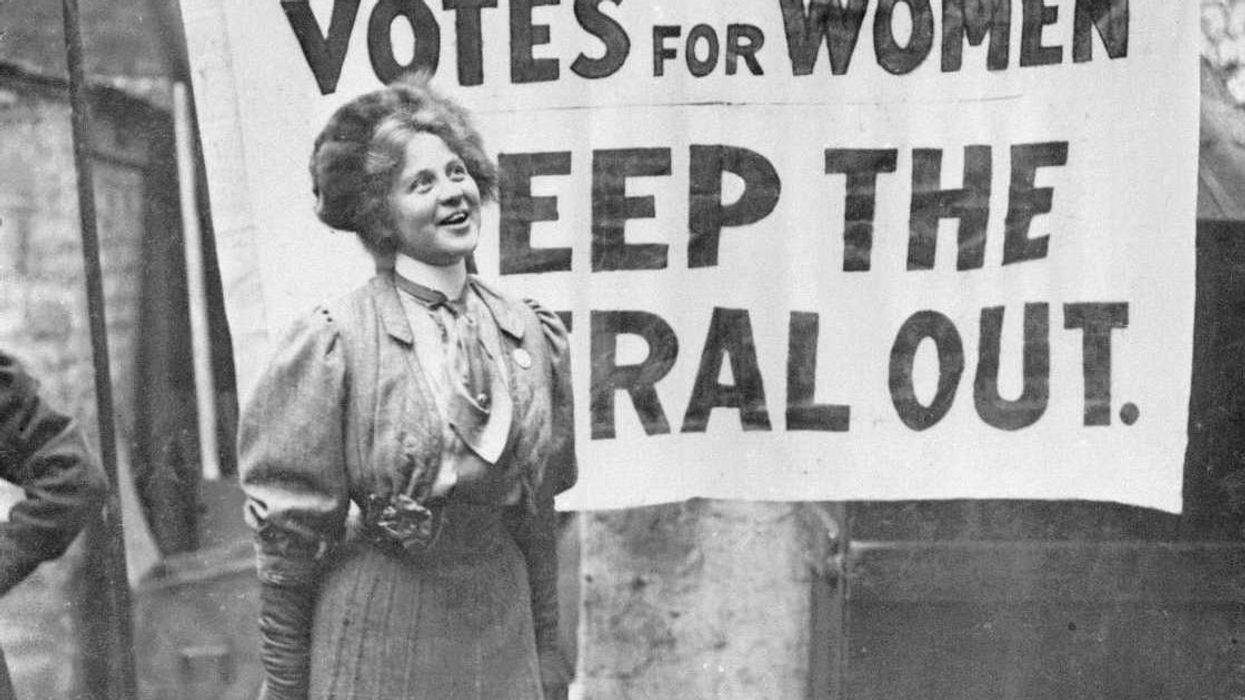







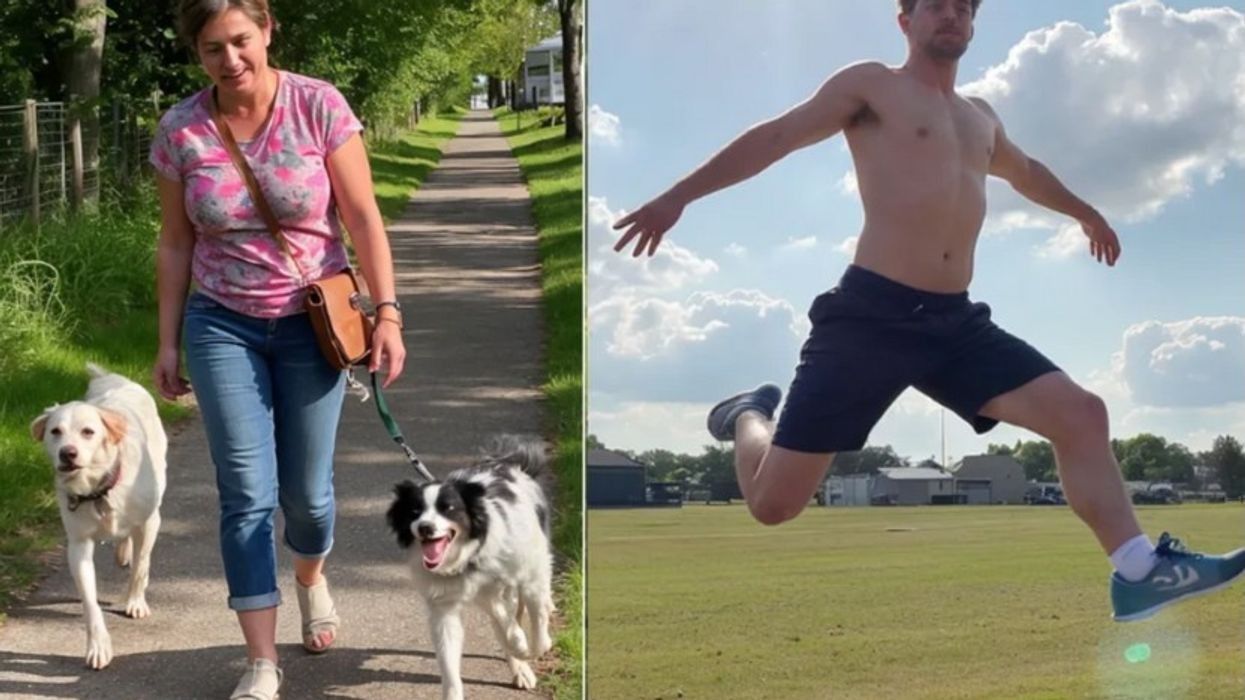




 Image frmo Scientific Reports of ancient artwork. Image Source:
Image frmo Scientific Reports of ancient artwork. Image Source:  Image frmo Scientific Reports of ancient artwork.Image Source:
Image frmo Scientific Reports of ancient artwork.Image Source:  Image frmo Scientific Reports of ancient artwork.Image Source:
Image frmo Scientific Reports of ancient artwork.Image Source: 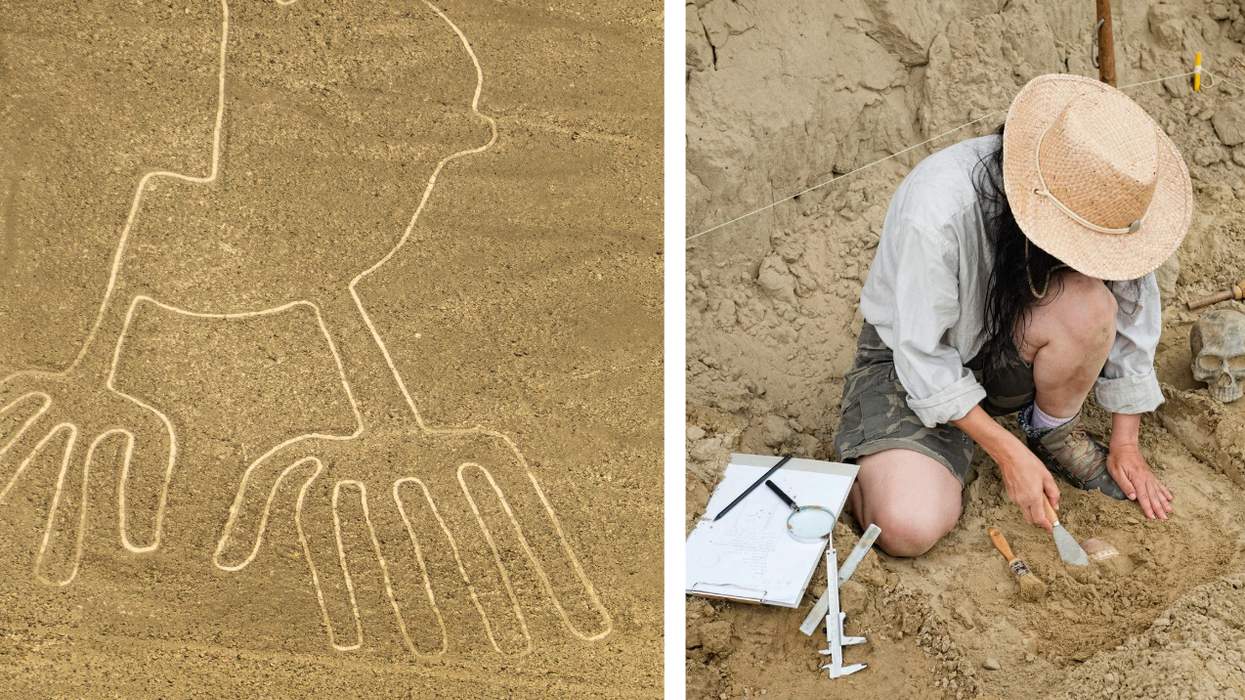

 It's difficult to imagine seeing a color and not having the word for it. Canva
It's difficult to imagine seeing a color and not having the word for it. Canva
 Sergei Krikalev in space.
Sergei Krikalev in space. 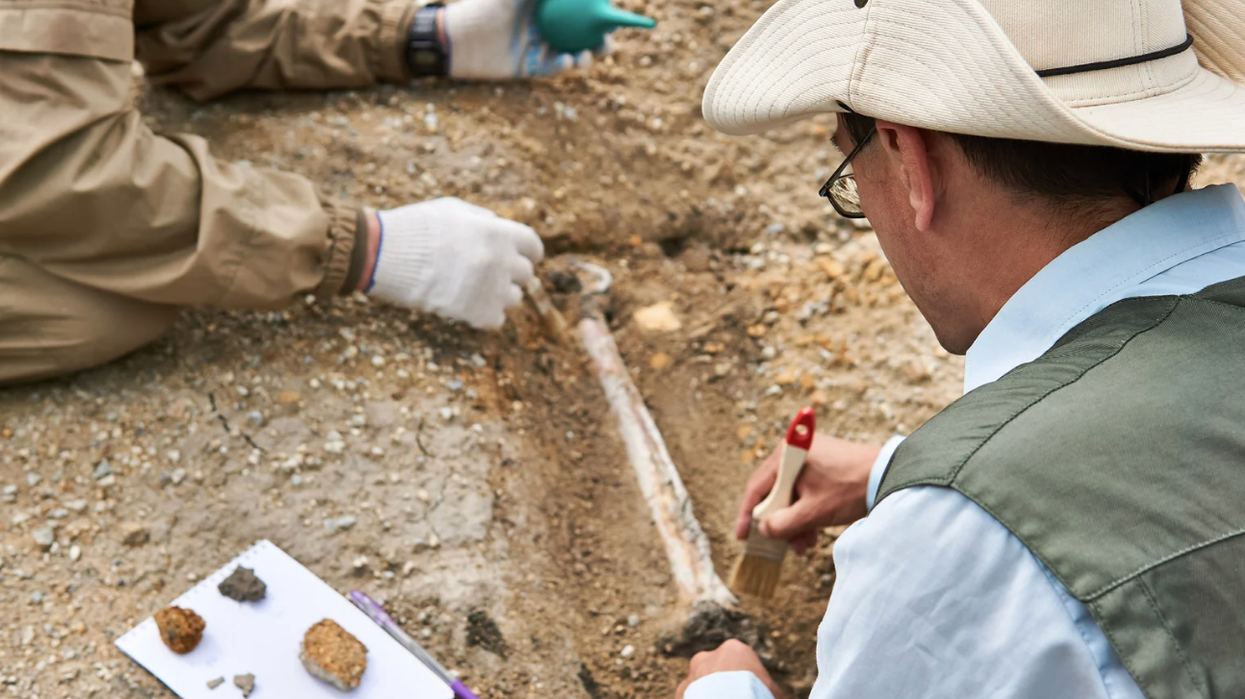


 The team also crafted their canoe using ancient methods and Stone Age-style tools. National Museum of Nature and Science, Tokyo
The team also crafted their canoe using ancient methods and Stone Age-style tools. National Museum of Nature and Science, Tokyo The cedar dugout canoe crafted by the scientist team. National Museum of Nature and Science, Tokyo
The cedar dugout canoe crafted by the scientist team. National Museum of Nature and Science, Tokyo